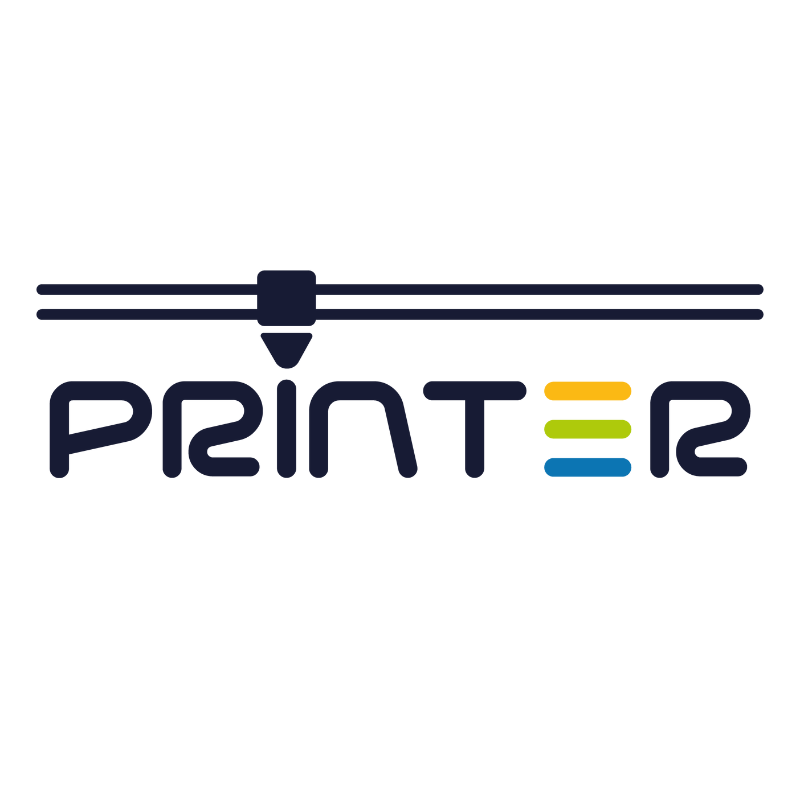IPC has a technical facility called PRINTER with a wide variety of additive manufacturing technologies.

IPC has a range of printers for additive manufacturing with polymers and metal enabling you to produce parts directly or to create polymer or metal stamps for traditional processes.
IPC works along the entire value chain. Polymer or composite additive manufacturing makes it possible to produce plastic or composite parts in a wide variety of shapes without the need to develop specific tools.
The PRINTER technical facility can help you with all your development needs. Get technical support from our team of experts, who can advise you on part diagnostics, analysis and identification of the best manufacturing technology for your part, manufacturing methodology and definition of the printing strategy, as well as the design of polymer stamps adapted to the final processing technology and the manufacture and inspection of stamps.
The choice of direct additive manufacturing technology for parts will depend above all on the needs of your project, i.e. the field of application, and the topology or the size or texture of the part.
The three main additive manufacturing technologies are stereolithography (SLA), fused deposition modelling (FDM) and powder sintering.
Polymer additive manufacturing tools can be used to produce small runs of plastic parts (10 to 1,000 units) using conventional polymer shaping processes (injection, thermoforming, extrusion, etc). Polymer tools are less expensive and quicker to produce than conventional tools, making it possible to produce semi-functional prototypes using the right materials and the right process.
Additive manufacturing using laser fusion of metal powders can be used to produce tools for moulding plastic parts, making a wide range of shapes possible for the design of temperature control circuits. Optimised design and conformal cooling channels reduce cycle times and improve the homogeneity of heat distribution on the moulding surface, thereby improving the quality and performance of plastic parts.
This 3D printer is equipped with a conveyor belt for printing long objects without interruption. This machine is intended for quick and easy mass production. Platen size: 340 x 340 x ∞ mm
Materials for tooling applications: Maraging steel MS1-MS2 (1.2709), H13 (1.2343), CM 55 (Co free) and stainless steel CX (Co free), AISI420 (1.2083), X15TN (1.4123)
Materials for industrial applications: TA6V titanium alloy, AlSi10Mg aluminium alloy, 316L stainless steel
Materials for industrial applications: TA6V titanium alloy, AlSi10Mg aluminium alloy, 316L stainless steel